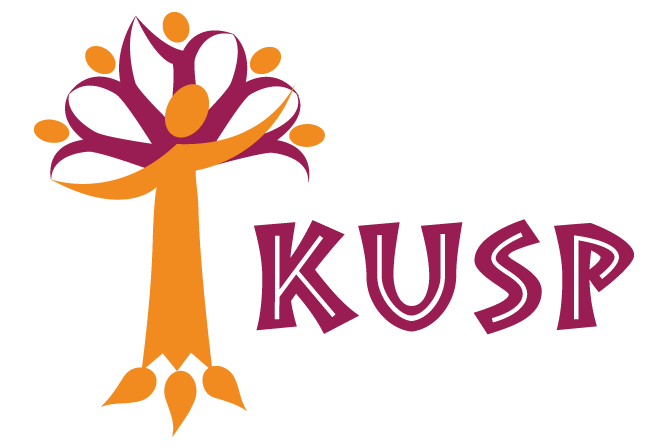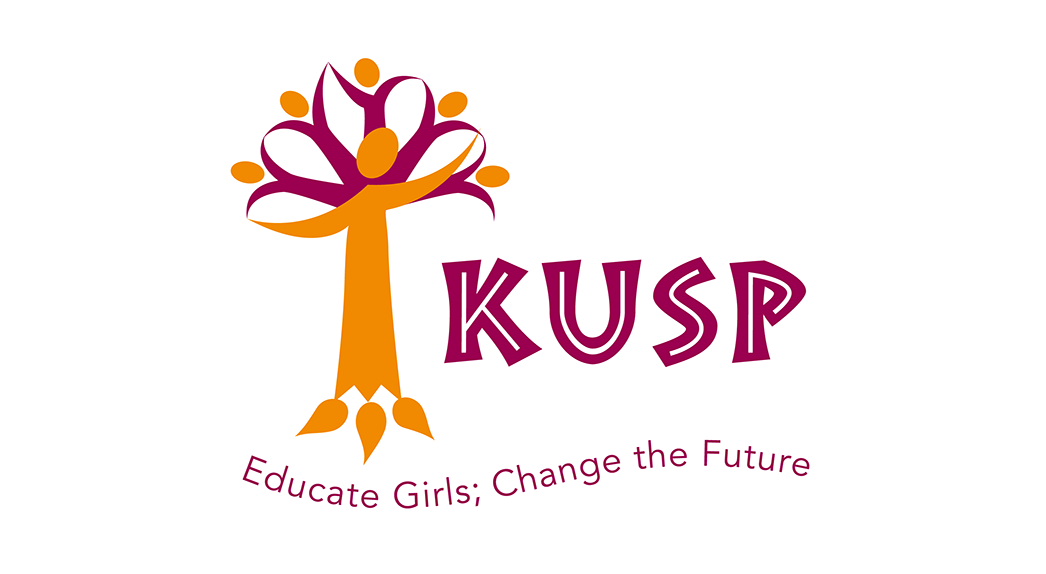Plows to Gender Equality
/Did you know that he/she who wields the plow (and oxen!) often calls the shots? A new study attributes use of plows as one cause for lingering gender inequality. Uganda is named the least gender-equal society in East Africa according to the 2014 Global Gender Gap Index and one of the reasons is this agricultural power play.
I suspect the women farmers of KRMA haven’t read this study. But they have named the purchase of plows and oxen as a top priority upon sale of their first cassava crop.
One article about the Global Gender Gap Index Study notes the following:
“The plough is significant, because operating it requires upper-body strength, which limits women's eligibility for farm work. The authors found that even today, women originating from regions that historically used the plough were less likely to be employed than women whose forebears did not.
The finding suggests that in plough-using societies, patriarchal values circumscribed female mobility, and allowed men - as a result of their greater economic contribution - to undermine women's autonomy. Remarkably, these values, shaped many centuries ago, when certain physical attributes might have been important, have survived in modern societies, in which such attributes have become largely irrelevant.”
The women farmers of Kobulubulu refuse to be intimidated by such conclusions. With the proceeds from the Cassava Project, the 20 women farmers intend to reinvest into the business an amount equal to 100% of our U.S.Partners’ investment. By purchasing their own plows and oxen the women can control the timing of their plowing, as well as have the means for producing more income through rental to other farms.
This is a huge step towards sustainability and helps address what the women have intuited as a gender-gap factor in this region. Your contributions to krma-USPartners helps pay for educational materials to train these women in modern agribusiness practices, as well as enable them to produce adequate profits to educate their children.


